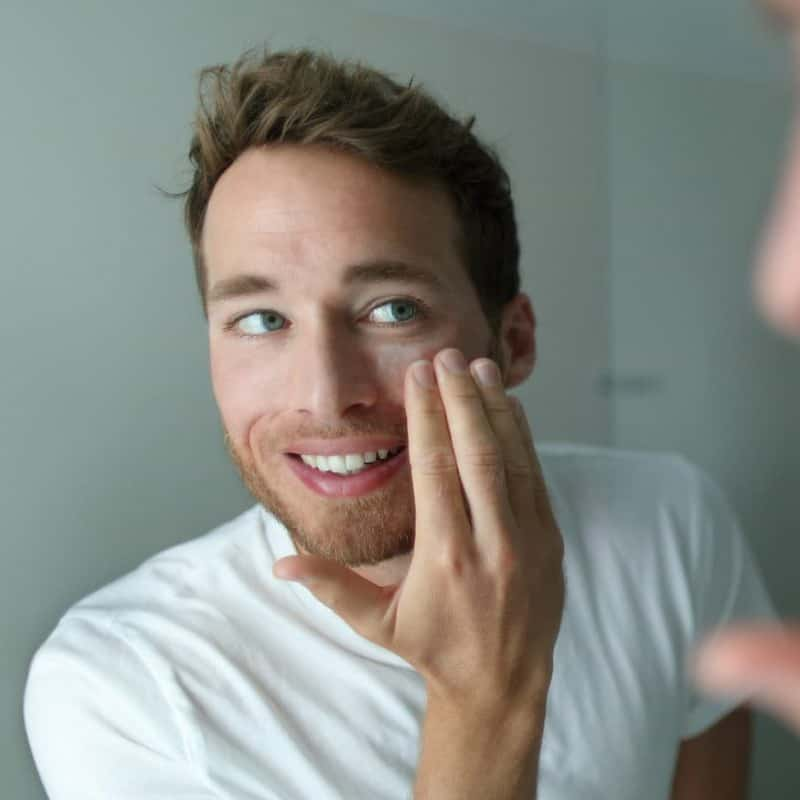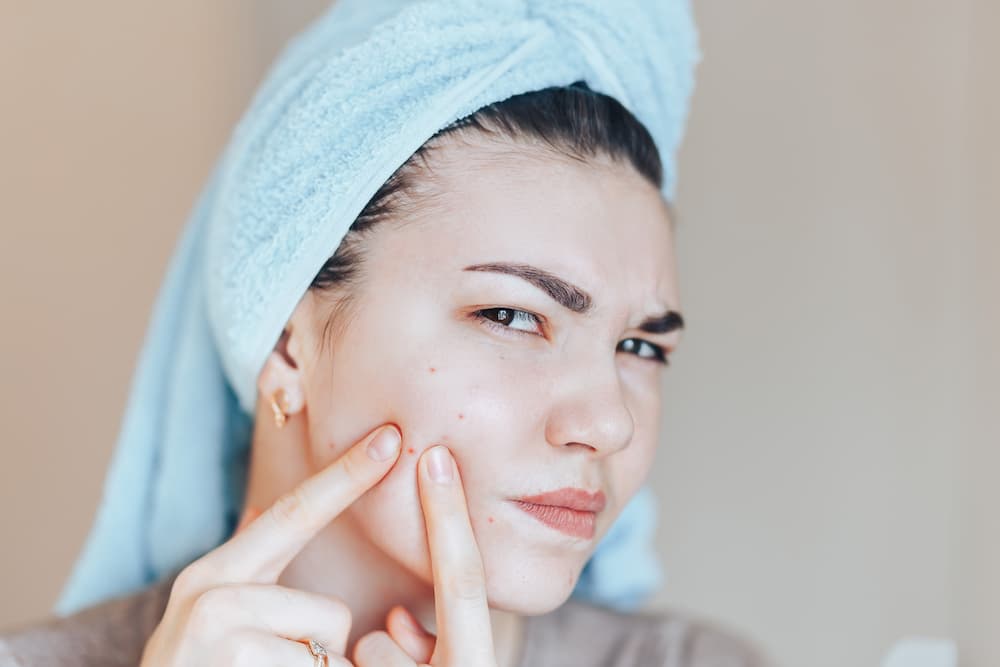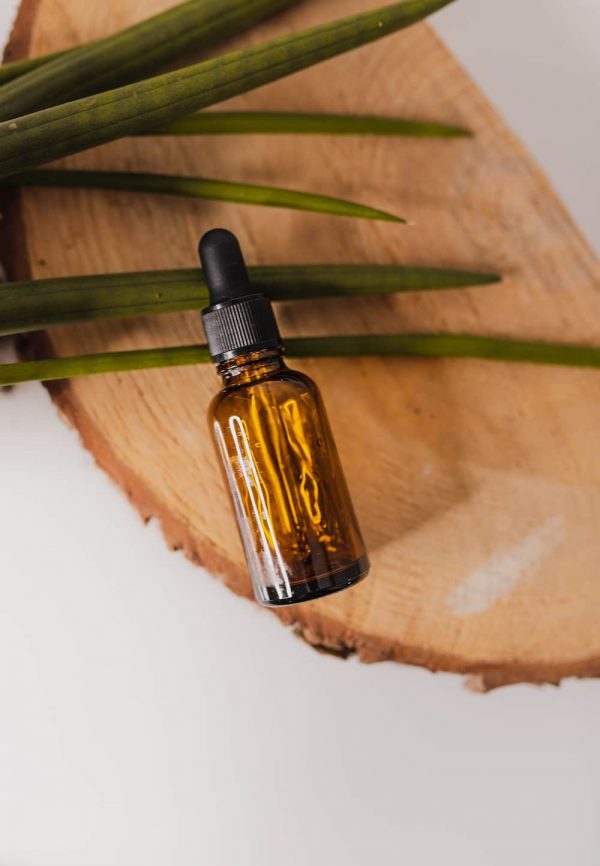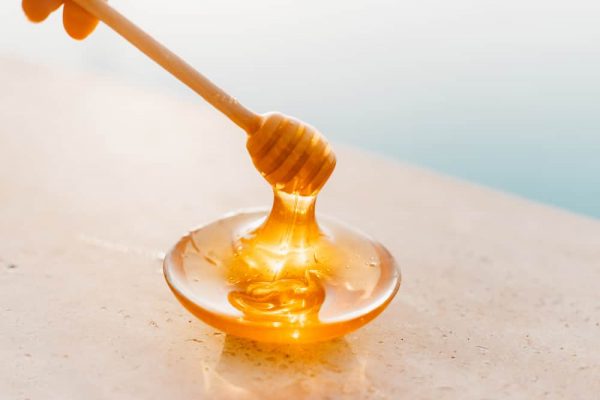
Could These Be The Best Acne Home Remedies?
Acne is one of the most widespread skin conditions out there. It’s rare to meet anyone who hasn’t suffered from a breakout of spots now and then. But for many people, acne isn’t just an occasional inconvenience or puberty pain – it’s a condition that affects their skin day in, day out. While there’s no easy cure, there are certain home remedies that may prove more effective than others. Which of these acne home remedies could work for you? Keep up with the latest updates in NHS acne prescribing guidelines here.

Understanding Acne
Perhaps it’s best to start with the condition itself. There are a lot of myths out there about acne. For example, that acne is caused by bad hygiene or a poor diet. Of course, practicing good skin care and eating well is always going to be recommended, but acne really comes down to hormones.
Typically, acne is caused by androgen hormones boosting your body’s oil production. This excess oil, known as sebum, mixes with dead skin cells to form a plug in the follicles. Once a follicle is plugged, it can become host to bacteria which encourage inflammation and the production of pus. This icky situation isn’t helped much by another hormonal side effect – the thickening of the follicle lining. This makes it much harder to remove the blockage by just cleaning the skin.
Unfortunately, some people may just be more susceptible to acne if it runs in the family [1]. Women may also be more likely to experience adult acne than men, with hormones fluctuating through periods and pregnancy. Despite this men can also experience acne throughout life.
Natural Home Remedies For Acne
Is it true that natural treatments can knock out acne? Sure, they might not offer a clear-cut ‘cure’, but perhaps they can help to alleviate the worst of it, working to cover up unsightly spots?
Let’s take a look at a few popular examples of acne home remedies.
Tea Tree Oil
For self-treating acne sufferers, tea tree oil is one of the more popular choices – and perhaps for good reason. A study suggested that the oil performed significantly better than placebo when it came to removing lesions in mild acne sufferers [2]. But why would this oil have any effect on pimples? Well, this essential oil extracted from the Australian tree Melaleuca alternifolia has been said to possess anti-bacterial and anti-inflammatory properties. This means that tea tree oil could potentially kill the bacteria responsible for acne, while reducing swelling and redness by calming inflammation.
The data may look promising, but it is certainly limited. Plus, the same studies show that it is less effective at treating acne than its clinical counterparts. That being said, the oil doesn’t seem likely to cause adverse effects or cause much irritation, as long as it’s diluted to appropriate levels within a carrier oil. Apply with caution, and perhaps you’ll see a benefit – but don’t expect miracles, particularly if your acne is more severe.

Honey
Honey isn’t just a delicious natural sweetener, it can actually have real health benefits. For one, it’s long been known to have antibacterial properties, which explains its use as a wound treatment [3]. We also know that acne is encouraged by bacteria, so surely this sticky substance could be of help?
Well, it appears there is some good news: a combination of honey and cinnamon bark seemed to show results against the acne causing strain of bacteria known (fittingly) as P. acnes [4]. Encouraging, perhaps, but lab results against a sample of bacteria doesn’t necessarily translate into treating the skin condition. Case in point: One study combined medical grade honey with soap as an acne treatment, but apparently the honey had no positive impact compared to just using the soap [5].
So, should we be rushing to apply honey and cinnamon face masks? Perhaps not. We’re still waiting on more conclusive evidence for this remedy.

Apple Cider Vinegar
This vinegar is chock full of anti-microbial organic acids (citric and succinic) which could do some serious work against acne bacteria, potentially reducing inflammation and scarring [6].
We don’t recommend it, though. Sure, acids do work against bacteria, but they aren’t kind on skin, either! Of course, the purported acne home remedies involve diluting the vinegar with 3 parts water, but there is still a significant chance of irritation. Our verdict: the science doesn’t support the risk for this natural remedy.
Anti-Acne Habits
Maybe the real acne home remedies aren’t herbal supplements or essential oils, but simple lifestyle changes. Less appealing than the idea of an all-organic cure, but far more effective.
The immune system is your body’s natural defence mechanism, and if it’s weak, it will struggle to fight off bacterial infections such as acne. Even worse, a weakened immune system leads to a lack of zinc. Without healthy levels of zinc, you’re at risk of hormonal imbalances [7]. As we know, changes in hormones can lead to your skin breaking out.
So what can we do to protect our immune system, hopefully preventing acne in the process?
Watch Your Stress Levels
Research has shown that stress can weaken the immune system [8]. The modern world is full of many pressures, between responsibilities at work, navigating relationships and technology, money and health…there’s a lot to lose sleep over. Unfortunately, not getting enough sleep is itself a trigger for stress (though we have put together a list of the top 5 plants that can help with sleep!)
There is no one-size-fits-all solution for stress, as triggers and symptoms can vary from person to person. Still, there is always value in practicing well-being habits such as:
• Prioritising a stable sleep pattern with at least 8 hours per night
• Enjoying moderate aerobic exercise every week
• Having someone to talk to, whether it’s friends, family or a therapist
• Unwinding from phone usage and social media when you can.
Get The Right Vitamins
As we’ve mentioned, a lack of zinc can upset your hormones and trigger acne. But it’s not the only vitamin you should be looking to include: both Vitamin C and Vitamin D have a role to play in fighting infection [9]. The key is knowing where to look for your acne home remedies.
Beyond supplements, daily sources include:
• Zinc: Seafood such as crab and oysters, red meat, nuts and legumes.
• Vitamin C: Citrus fruit such as oranges, berries like strawberries and blackcurrants, red peppers, plus broccoli and leafy greens.
• Vitamin D: It can be found in fortified foods and some animal products such as oily fish and egg yolks, but most people absorb it through direct sunlight.
Prevent Infections
There’s no need to tax your body with seasonal colds, the flu or anything worse. Hygiene practices such as washing your hands properly and carrying hand gel can stop you from catching the sniffles and burdening your immune system.
Face masks are also effective when out and about, but be warned: improper use could lead to ‘maskne’!
Are There Prescription Treatments For Acne?
As we’ve seen, the science is mixed when it comes to natural acne home remedies. Lifestyle changes also have their limits. Sure, having a strong immune system, using a face wash, and practicing wellbeing can help reduce the effects of acne – but it’s not always going to get rid of it, or stop it being visually noticeable.
For a real treatment that is medically proven, we have to rely on licensed prescription medication. Thankfully, these days there is a huge range of affordable options. To name just a few:
• Topical gels such as Epiduo Gel, Treclin Gel, Differin Gel, and Acnecide Gel (find out more about the effectiveness of acnecide)
• Germ killing topical treatments such as Zineryt Solution and Aknemycin Plus.
• Infection clearing capsules such as Lymecycline Capsules and Tetralysal Capsules. Find out more about lymecycline myths, and why you should avoid sunbeds when taking this treatment!
These common and effective treatments can be ordered online via registered UK pharmacies such as e-Surgery. You click, we deliver – and don’t worry, the packaging is totally discreet and completely recyclable. So there’s no need to suffer from spots or worry with whiteheads. We’ve got you covered!
Sources
- Heredity: A Prognostic Factor For Acne | PubMed
- Treatment Of Acne With Tea Tree Oil (Melaleuca) Products: A Review Of Efficacy, Tolerability And Potential Modes Of Action | International Journal of Antimicrobial Agents
- A Potential Therapeutic Agent for Managing Diabetic Wounds | PubMed
- Antibacterial Activity Of Ethanolic Extract Of Cinnamon Bark, Honey, And Their Combination Effects Against Acne-Causing Bacteria | PubMed
- Randomised Controlled Trial Of Topical Kanuka Honey For The Treatment Of Acne | PubMed
- Staphylococcus Epidermidis In The Human Skin Microbiome: Implications Of Probiotics In Acne Vulgaris | PubMed
- Is There A Connection Between Immune System And Acne? | Healthy Skin Journals
- Stress Weakens the Immune System | American Psychological Association
- Mini-Review On The Roles Of Vitamin C, Vitamin D, And Selenium In The Immune System Against COVID-19 | PubMed
Further Reading
- Acne Overview | NHS
- 13 Powerful Home Remedies for Acne | Healthline
- Lymecycline | BNF









